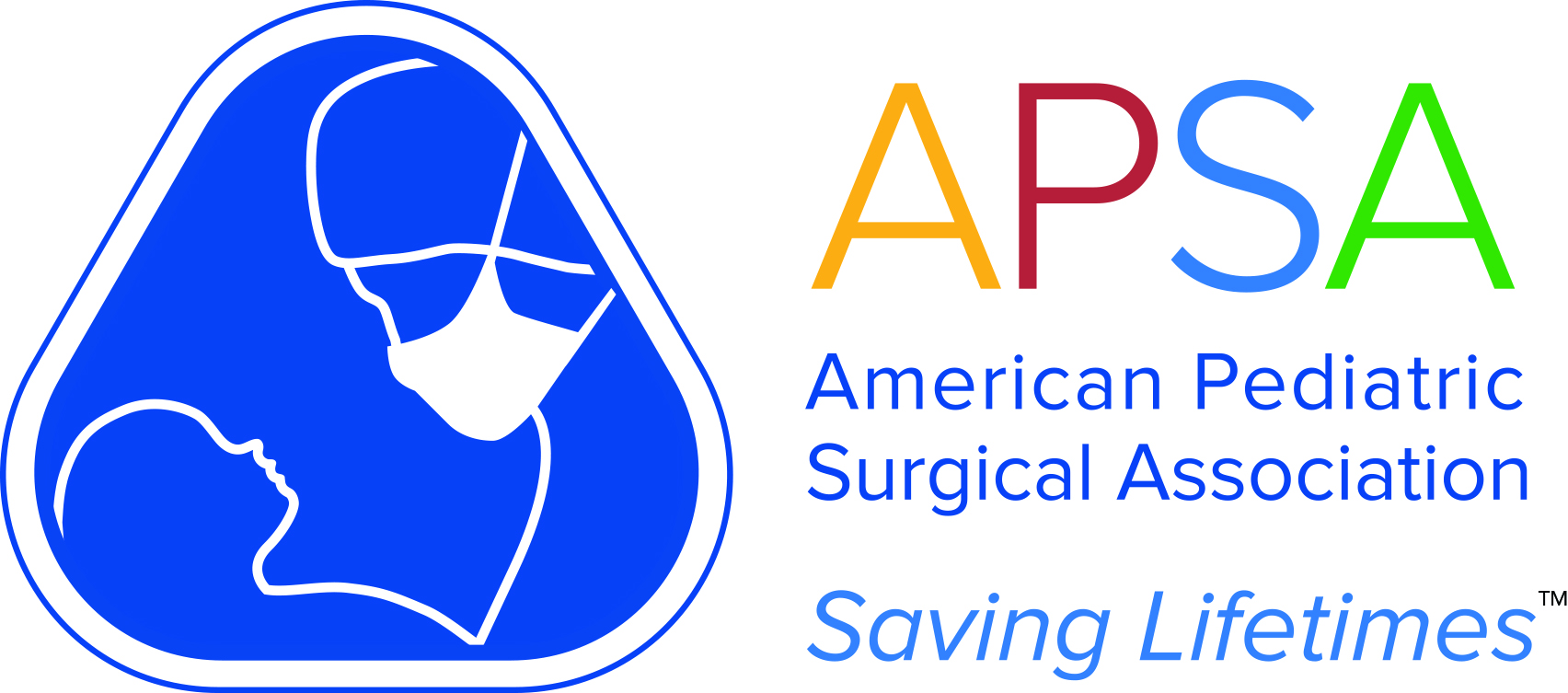The tragic murders in Minneapolis and Georgia highlight ongoing racial injustices that profoundly affect our communities and the children we serve. The unrest and national demonstrations occurring in the midst of a global pandemic have left us sad, angry, uncertain and fuel an urgency to act now. Racism and violence directed against black and brown people or indeed any member of society, impacts us all. The structural violence that disproportionately affects people of color and those living below the poverty line has become a public health crisis, and it is our responsibility as physicians and surgeons for children to address and engage in these complex societal issues. We now have an unprecedented opportunity to deeply examine how we individually and as an organization can and will respond.
The recent national events and the racial disparities revealed by the COVID-19 crisis shed a glaring light on health inequity and the impact of race and poverty in America. Poverty is the single greatest threat to the wellbeing of children. Being a child in a low-income or poor family does not happen by chance. Parental education, employment and race are associated with economic insecurity. Racism is a social determinant of health and creates toxic stress in children, teens and families that impacts their health, development and wellbeing. Children are exposed to racism in many ways and will not be able to reach their full potential until we prevent and counteract these experiences for all children. We must condemn racism and discrimination when we see it and not go quiet. It is not enough for us to abstain from racism ourselves, while allowing it to take place all around us.
APSA is fully committed to addressing social determinants, reducing health disparities, combatting racism and advancing social justice. We have firmly established “Equity and Social Justice” as a pillar of our organization, and we have taken a deep dive into developing strategies that will ensure that all children have access to health and prosperity. We have pledged to do this by fostering an open and inclusive organizational culture, by ensuring programmatic development that directly addresses structural and systemic barriers to care for underserved and marginalized patients, and by continuously raising consciousness around challenging issues like implicit bias, generational poverty and racism. These efforts are the foundation of the work of our organization and will provide us with meaningful tools to strengthen our external environment.
We look forward to furthering this work together.
John H.T. Waldhausen, MD,
President
APSA Board of Governors
Erika A. Newman, MD
Chair
Diversity, Equity and Inclusion Committee
